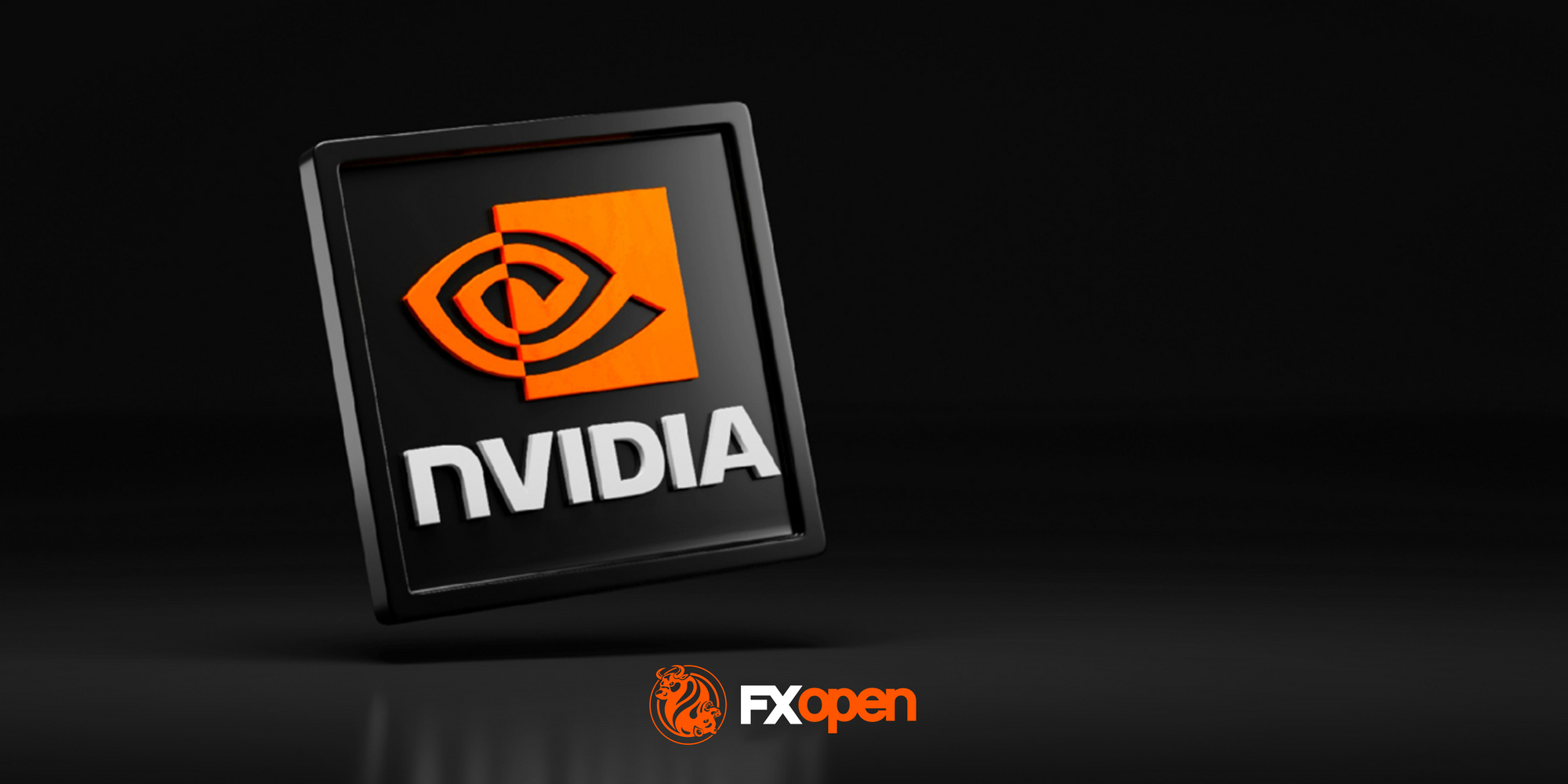FXOpen

In the evolving landscape of financial technology, robo-advisors have taken their rightful place. These automated platforms are changing the way people manage their finances and trade assets. Robo-advisors are a type of virtual financial application that provides automated financial advisory services. They are becoming increasingly popular as a way to manage a portfolio of stocks, bonds, and currencies with minimum human intervention.
This FXOpen article explores what robo-advisors are, how they work, their pros and cons, and some popular robo-advisor platforms.
Robo-Advisor: What Is It?
Let’s begin with the robo-advisor definition. A robo-advisor is a virtual financial application, often powered by AI, that uses an algorithm to provide advisory services, particularly investment advice and portfolio management. Robo-advisors are typically provided by brokerage firms.
Traders and investors communicate with robo-advisors through smartphone apps or over the web. The aim of such digital platforms is to make investing and trading more accessible and cost-effective for a wide range of traders and investors.
Types of Robo-Advisors
There are two main types of robo-advisors: pure robo-advisors and hybrid robo-advisors. Pure robo-advisors operate solely on algorithms, relying only on computer models to make investment decisions. Hybrid robo-advisors, on the other hand, offer a combination of technological efficiency and a personalised approach. These use AI technology combined with a knowledge base to mimic the judgement and behaviour of an experienced person with specialist knowledge in a financial area.
There are more than 200 different robo-advisors. Most of them follow the same pattern: traders fill out a questionnaire in which they assess their risk tolerance, individual objectives, and time horizon. The robo-advisor then selects assets for the portfolio according to the specific criteria, automatically executes trades, and rebalances the portfolio periodically if required.
Robo-Advisors: Pros and Cons
As robo-advisor trading gains momentum, it is important to weigh the pros and cons of this emerging financial technology.
Pros of using robo-advisor technology:
- Lower fees. Robo-advisors typically cost less than traditional financial advisors. They often have lower commissions, making them an attractive option for cost-conscious traders.
- Accessibility. AI-based advisors are available to a wide range of people, including those with small balances. They provide access to investment opportunities, targeting both experienced investors and those new to the financial markets.
- Automation. Robotic advisors automate the investment process, saving time and reducing the risk of human error.
- Diversification. Robo-advisors use sophisticated algorithms to create diversified portfolios, spreading risk and optimising returns for traders and investors.
Cons of robo-advisor services:
- Incomplete view of financial assets. A robo-advisor can recommend and manage an account based on the information it has, but it may not have a complete overview of the various assets and investment options a client may have.
- Limited personalisation. Although algorithms drive investment decisions, the lack of human input can result in recommendations being less personalised. Robotic advisors use algorithms to create portfolios that may not take into account individual preferences or unique financial situations.
- Market dependency. The performance of robo-advisors is closely tied to market conditions. Sudden changes in the market can create problems for these automated systems because they cannot adapt to market volatility as quickly as humans do.
- Technological vulnerabilities. Like any technology, robo-advisors are susceptible to technical failures and cybersecurity threats, which may raise concerns about the safety of sensitive financial information.
Popular Robo-Advisors
In the variety of platforms, a few options stand out for their popularity and unique features. Below is a list of the best-known robo-advisor platforms.
1. Wealthfront. Known for its automated tax-loss harvesting and customisable portfolios.
2. Betterment. A pioneer in the robo-advisory space that offers a user-friendly interface and goal-based investing.
3. Vanguard Personal Advisor Services. Blending robo-technology with human advisors, Vanguard caters to traders seeking a hybrid approach.
4. Schwab Intelligent Portfolios. Backed by a reputable financial institution, it provides a no-fee robo-advisory service with a diverse range of ETFs.
Final Thoughts
Robo-advisors, which use artificial intelligence to provide automated services, are becoming increasingly popular as a way to manage portfolios with little human intervention.
While algorithm efficiency and cost-effectiveness are undeniable advantages, it’s essential to carefully weigh the trade-offs, including potential lack of personalisation and vulnerability to market fluctuations. As the fintech industry evolves, the role of robo-advisors in shaping the future of personal finance remains an interesting aspect of modern financial innovation.
As with any investment decision, it’s important to analyse your options and choose the one that best suits your needs and goals. You can find a lot of useful information on our website — open an FXOpen account and explore our blog to learn more about trading. To equip yourself with numerous trading tools, consider using the TickTrader platform.
This article represents the opinion of the Companies operating under the FXOpen brand only. It is not to be construed as an offer, solicitation, or recommendation with respect to products and services provided by the Companies operating under the FXOpen brand, nor is it to be considered financial advice.
Stay ahead of the market!
Subscribe now to our mailing list and receive the latest market news and insights delivered directly to your inbox.








